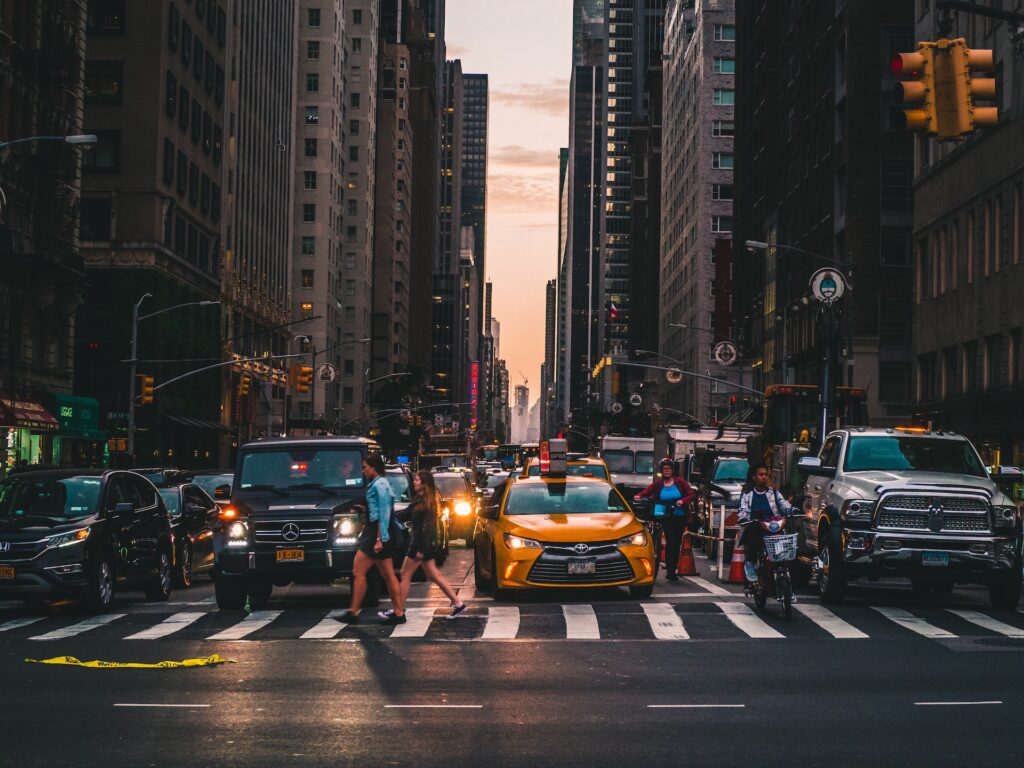Climate change is not a technical problem; it’s a social and political one

Climate change is not a technical problem; it’s a social and political one. This is a phrase that I find myself repeating extraordinarily often – in books, articles, talks, lectures, and even casual conversations. As a sustainability scientist, I continuously reflect on the underlying drivers of unsustainable behaviour (and buildings, and infrastructure, and transportation, and energy systems), examine stories of success that demonstrate our incredible potential to transform, and deconstruct the all-too-abundant examples of targets not reached, and progress slowed. I’m curious about what works as we grapple with the escalating effects of climate change and what appears promising but is ultimately insufficient.
What I’ve come to believe is that for at least the first two decades of climate communication and policy, it has been framed as an environmental problem – one affecting polar bear habitats, biodiversity, waterways, forests. While this is undoubtedly true, it’s only part of the picture. Climate change is already hitting the most vulnerable, and often those who are the least responsible for it, the hardest. The natural impacts of climate change will be harsh, but the unevenly distributed human toll will be too. It is a phenomenon that will dramatically deepen poverty, food insecurity, and conflict.

Climate change is not simply an environmental problem, and its solutions are also not simply technical. While we are understandably focused on conversations around green innovation, renewable energy technology, and carbon capture and storage, we often marvel at why the technologies we’ve long since developed have failed to transform our way of life and ratchet down emissions in the process. In my view, this is because at the core of our use of these technologies, the way we move through our cities, the foods we consume at home, and the decisions we make about consumption, are powerful, subtle, and incredibly ‘sticky’ values and worldviews. We have limited imaginations about what a sustainable future might look like and deeply entrenched habitual behaviours that shape the way we live our lives. Furthermore, many of the most important sources of emissions (the standards to which our buildings are built, for instance, the supply of energy that we invest in, and the way we design our cities) are not under the control of individuals but rather the domain of collective decision-making (and thus, are fundamentally political).
There is no better manifestation of the need for a more human lens on climate change impacts and solutions than an often-ignored group of potential innovators and problem-solvers: small businesses. Making up 99 percent of all businesses in Canada, small and medium-sized enterprises (SMEs) employ nine out of ten private-sector workers and create more than half of private-sector GDP. They’re also directly responsible for an estimated 200 million tonnes of greenhouse gases – that’s more emissions than Canada’s entire transportation sector produces each year and around the amount that Canada needs to cut to meet the promises it made under the 2015 Paris Agreement.

Deeply sustainable small businesses — those that place environmental or social value at the core of their business model and vision, at a level on par with (or even ahead of) growth and profit — can teach us important lessons about the ingredients of resilience, justice and ecological integrity in Canadian communities. These firms don’t just change the amount of energy they consume and the waste they produce; a more fundamental shift towards sustainability in business requires an evolution in values and an adjustment in the underlying logic of a firm.
Some deeply sustainable small businesses focus more on collaboration than on competition, for instance, sharing new tools, methods or resources to advance their sector or community as a whole and seeing success as a collective effort. As radical as it may seem, these firms focus on sharing, ensuring the quality of their product over its quantity, preserving time for leisure and community engagement, and supporting the autonomy and health of workers over growth-at-any-cost.
Even though all of the sadness and loss, the COVID-19 pandemic has created an opening to reimagine our communities, and examples, models, and promising experiments abound that may point the way to a more sustainable, equitable recovery. There has, however, been a powerful psychological and political pull back to a sense of “normalcy,” a retreat to the familiar. We may be pushed to ignore the deep fractures in our social contract and economic system that left so many exposed and vulnerable. Even so, we have an unparalleled opportunity to align our urgent climate change goals with rebuilding our communities to enhance our health. Small businesses are a crucial part of this process and offer remarkable examples of a way forward that is more inclusive, resilient, just, and sustainable.














